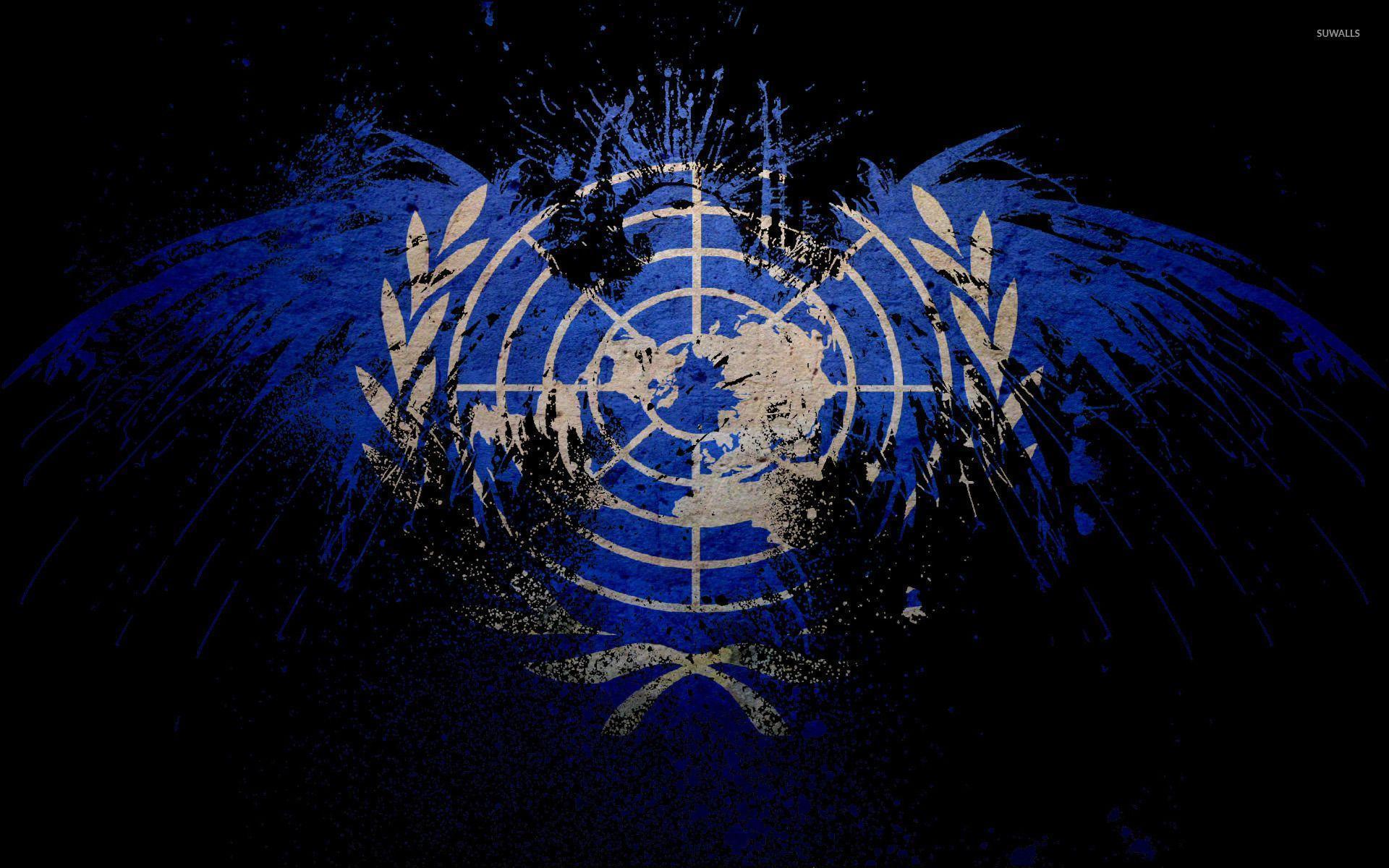Key tags: Middle East, European Union, United Nations, International Courts, Start-up Nation, Innovation, Technology
Israel has been a member of the United Nations since 11 May 1949 and has joined many UN agencies. After being refused the right to join any UN regional groupings, which are groups that form caucuses to vote their representatives to UN bodies, Israel was permitted to join the “Western European and Others” regional group in 2000.
Israel also joined the OECD in 2003 and became a member of NATO’s Mediterranean Dialogue forum. The European Union is Israel’s biggest trading partner and Israel is Europe’s third largest trading partner in the Middle East. Israel is an “associated state” of the European Union. Treaties and policy documents such as the EU–Israel Association Agreement and the European Neighbourhood Policy (ENP) govern the relationship between the EU and Israel.
Israel has the highest per capita level of research and development in the world and is regarded the “start-up” nation. Existential insecurity has required Israel to develop new military technologies. Her innovative agricultural technology brought food self-sufficiency, desalination technology brought water independence, and start-ups in electronic technologies brought international investment in hi-tech industries.
Application to Israel
Ever since its establishment, Israel has been under immense critical scrutiny by UN bodies. Beyond the UN Human Rights Council, the International Criminal Court and International Court of Justice have been mobilized to indict or condemn Israel. These judicial bodies are increasingly serving as instruments of lawfare against Israel. Their forays into nonjusticiable political questions raises concerns about the undermining of the foundations of international law and the principles of the rule of law.
The EU’s approach to Israel in the Middle East peace process is dominated by its Members’ long dependence on oil and gas imported from Middle Eastern countries. If the EU were to recognize the historic value of the recent normalization of relations with Israel by some Arab countries in the Middle East (Abraham Accords), then it might reassess its own international legal position concerning Israel.
Israeli products and services have found international markets and resulted in their greater integration into the global economy. The EU could help keep up the momentum of regional economic integration and normalization and could play an increasingly positive role by promoting in the Middle East the adoption of peace, trade and normalization treaties with Israel.


